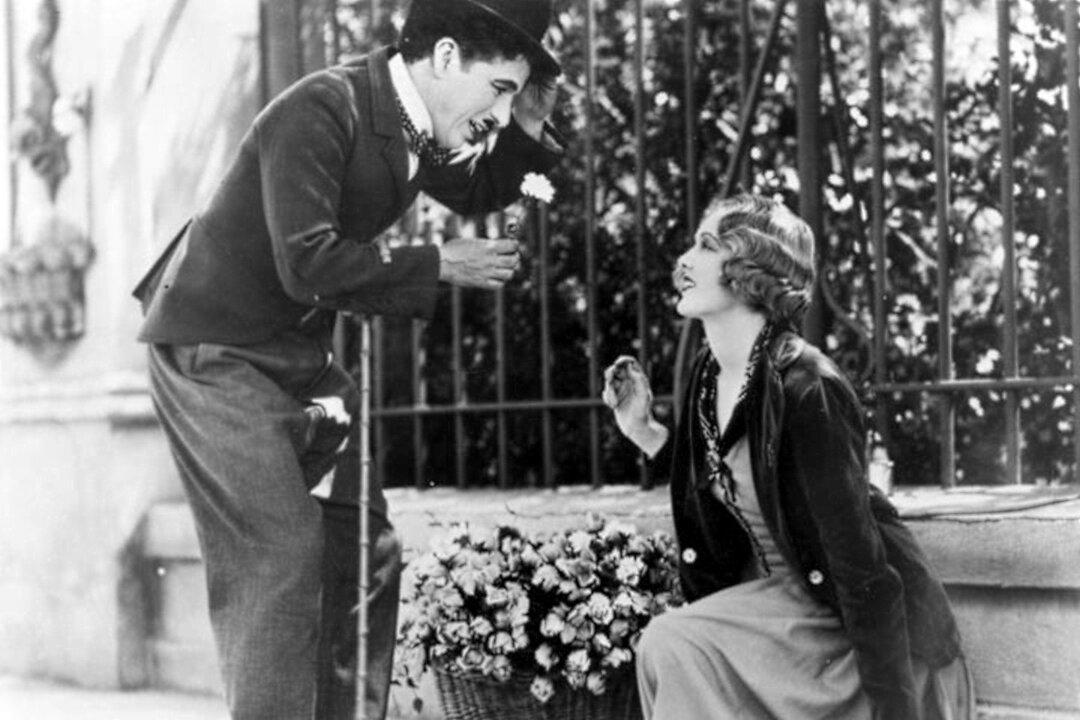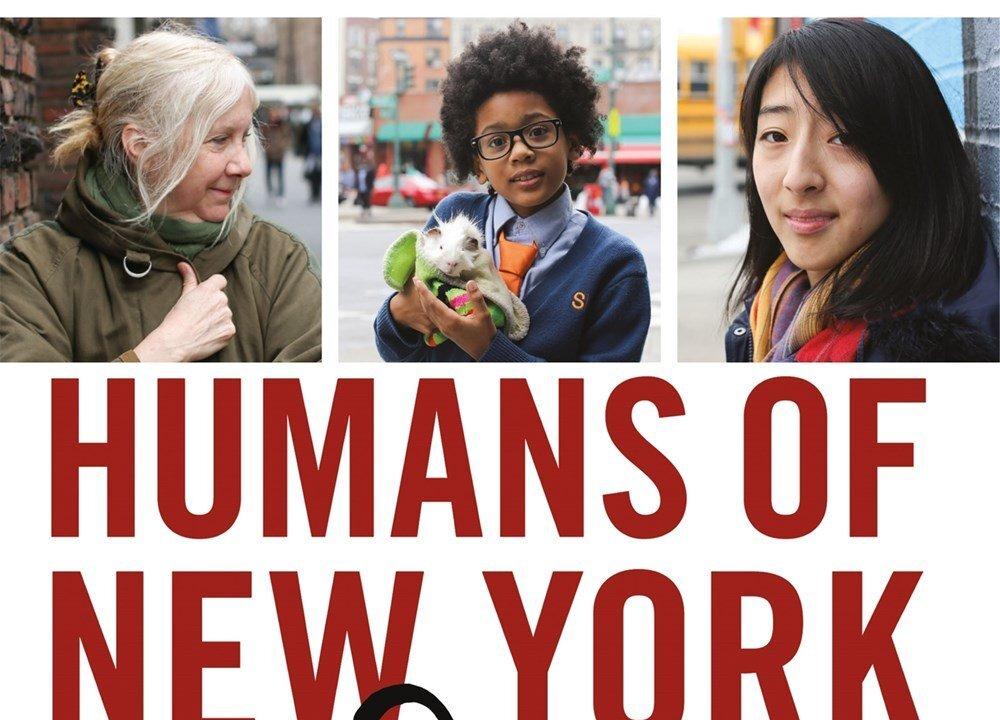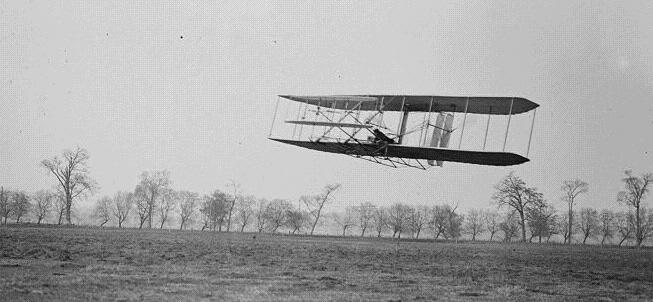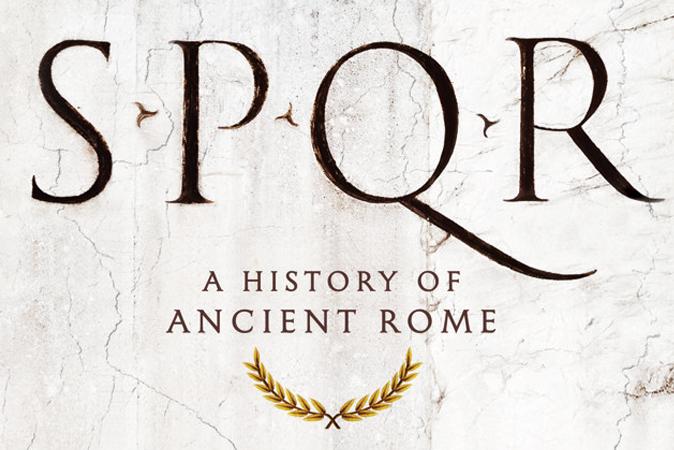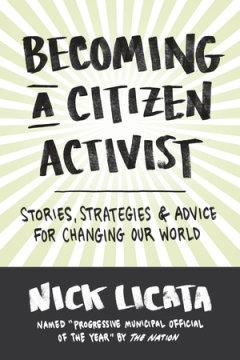I will say it shamelessly: until recently, Charlie Chaplin used to creep me out. I had always found something so unsettling about his rectangular moustache, his dark black bowler cap, and his unnatural, jerky mannerisms (due in part to camera technology of the day). I didn’t get it at first, but thank goodness I opened my eyes.
Perhaps his most beloved film, City Lights (1931) is, at its core, a film about opening one’s eyes to the surrounding world and its inhabitants. Chaplin plays his famous “Little Tramp” character, which in the early years of film was as recognizable and likeable as Mickey Mouse. The Little Tramp is homeless and penniless, but certainly not hopeless. He falls in love with a blind flower girl who sells unwanted bits of blossoms on the side of the road.
Many love the film for its final scene. As the film has been around for more than eighty years, I will fearlessly offer a spoiler alert: the Little Tramp indeed wins over the heart of the flower girl, but their story does not play out in the way one would expect two homeless individuals to find love.
When the flower girl first meets Chaplin, she believes he is a wealthy man. Thanks to his new millionaire friend, Chaplin is able to shower her with lavish dates and gifts of affection. He finally receives one thousand dollars from the millionaire and selflessly offers it to the flower girl for an eye surgery.
Many months later—after the Tramp’s imprisonment and loss of contact with the flower girl—he stumbles upon a beautiful new flower shop. Through the shop window he sees her and, to his delight, she sees him. Of course, she does not recognize him until she kindly offers him a coin and touches his hand in the process. Once her eyes have been opened and she realizes the true, lowly nature of the Little Tramp, her feelings for him are deepened. We know nothing of their lives after this event, but we feel sure they must be happy.
Go ahead; watch this iconic reunion. I dare you not to get chills.
